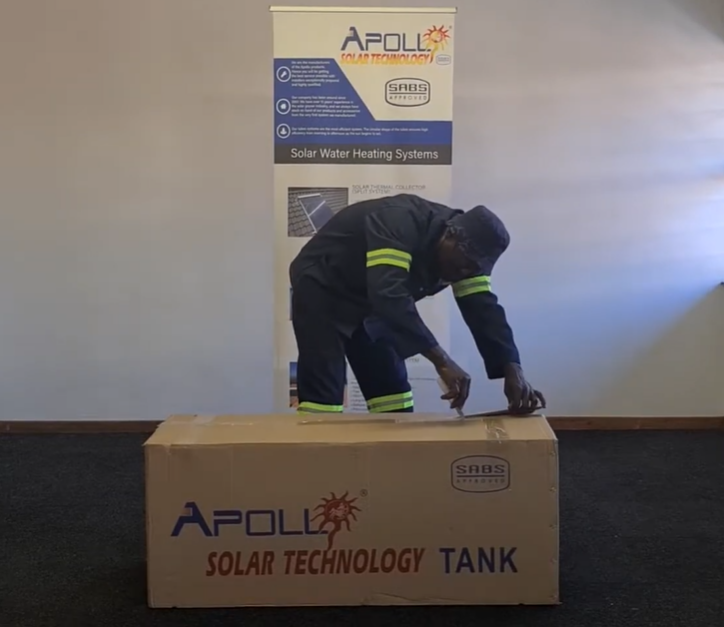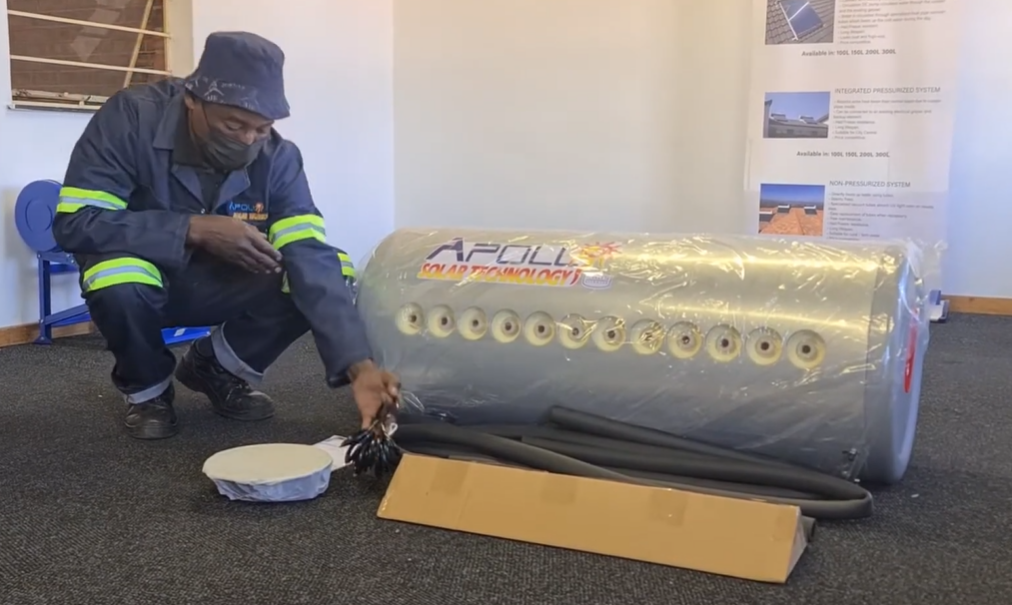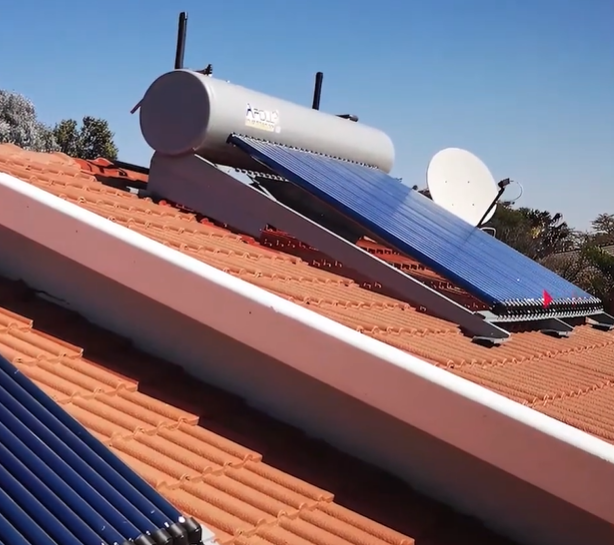23 Aug. 23
A Homeowner’s Checklist for Solar Hot Water Installation
Installing a solar hot water system in your Sydney home is a wise decision that can lead to significant energy savings and a reduced carbon footprint. However, the process involves many important considerations. This article provides a comprehensive checklist for homeowners preparing for solar hot water installation.
Understand Your Hot Water Needs
First, you need to have a clear understanding of your household’s hot water requirements. Factors like the number of household members, peak usage times, and lifestyle habits can influence your hot water needs. An average person in Australia uses about 50 liters of hot water daily, but this number can vary widely based on personal habits and specific needs.
If you have a large family with multiple bathrooms and a dishwasher, your hot water needs will be significantly higher than a couple living in a small apartment. Also, consider your family’s habits. Do you all get ready in the morning, leading to a higher demand for hot water? Understanding these factors will help you choose the right system.
For more information on how to choose the right hot water system and potentially save with rebates, you can check out the available Solar Hot Water Rebates.

Choose the Right Type of Solar Hot Water System
There are two main types of solar hot water systems: flat panel solar collectors and evacuated tube collectors. Flat panel collectors are more common and cheaper, but evacuated tube collectors can be more efficient, particularly in colder climates.
Flat panel solar collectors use a dark flat-plate absorber to heat a fluid in the collector, transferring the heat to the water. They work best in warmer climates. On the other hand, evacuated tube collectors contain tubes with a vacuum that acts as an insulator, preventing heat loss. This makes them more efficient in colder climates.
Size of the System
Sizing your solar hot water system correctly is crucial to meet your hot water needs without waste. A typical rule of thumb is to allow for 100-150 liters of storage capacity per person in the household. However, this can vary depending on factors such as your climate, the orientation of your panels, and the efficiency of the specific system.
Undersizing your system can lead to running out of hot water while oversizing can lead to wastage and higher costs. Therefore, sizing your system correctly is crucial. Consult with an experienced installer who can take all influencing factors into account and provide a tailored solution.

Find the Perfect Location
The system’s location will significantly impact its efficiency. Ideally, the solar collectors should face north and have no shading from trees or buildings. They should also be installed at an optimal angle, which in Sydney’s latitude is typically between 30-40 degrees.
In the southern hemisphere, solar collectors should ideally face true north to capture the maximum sunlight. Also, any shading on your panels can significantly reduce their efficiency. If you have tall trees or buildings casting a shadow on your roof, you might need to consider alternative locations or even trimming trees.

Consider a Booster System
Solar hot water systems can provide most of your hot water needs, but during periods of less sunshine, you may need a booster system. Electric and gas boosters are the most common, with gas being the more efficient of the two.
Having a booster system can ensure you have hot water during periods of low sunshine. While gas boosters are typically more efficient, your choice may also depend on the availability of natural gas in your area.
Understand the Costs and Savings
Understand the full cost of the system, including purchase and installation costs, and any potential maintenance costs. Also, factor in the potential savings. According to the Clean Energy Council, a solar hot water system can provide between 50% and 90% of your hot water needs, reducing your energy bills significantly.
The cost of a solar hot water system can vary widely depending on the type and size of the system, and the complexity of the installation. However, these systems can typically pay for themselves through energy savings within a few years. Consult with your installer for a detailed cost breakdown and savings estimate.
Research Incentives
The Australian government provides incentives for installing solar hot water systems through the Small-scale Renewable Energy Scheme (SRES). You can earn Small-scale Technology Certificates (STCs), which can be sold to recoup some of the system’s costs.
The number of STCs you can earn depends on the expected amount of electricity in megawatt-hours the system displaces over a 10-year period. In Sydney, a typical solar hot water system can earn around 30-40 STCs. Each STC was worth around $35 at the end of 2023, but prices can fluctuate based on market conditions.
Choose the Right Installer
Ensure that your installer is CEC-accredited and licensed by NSW Fair Trading. Also, consider their experience with solar hot water systems, their reputation, and the after-sales services they offer.
A professional, experienced installer can not only ensure that your system is installed correctly, but they can also provide valuable advice on choosing the right system, sizing it correctly, and optimizing the installation for maximum efficiency.
In conclusion, installing a solar hot water system can be a smart move for homeowners in sunny Sydney, but it requires careful planning and consideration. With this comprehensive checklist and the help of a Hot Water System Plumber in Sydney, you can ensure you’re well-prepared for the installation process.


